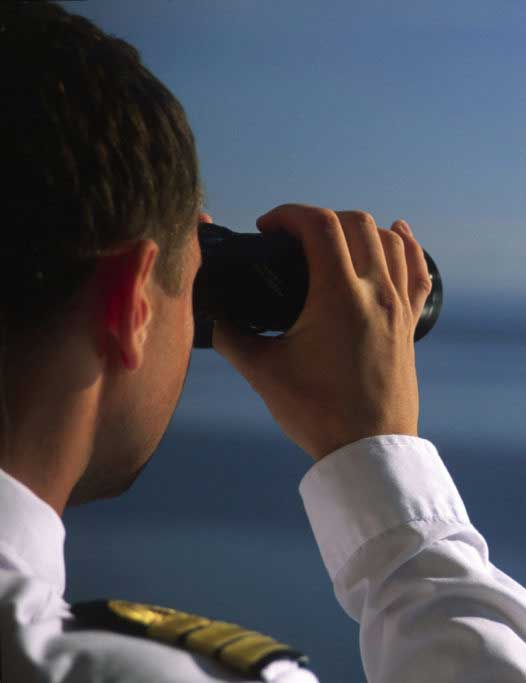The way we spend our daily life shapes our overall mental and physical health and since yachties spend most of their time working, the onboard environment plays a key role in impacting crew burnout and fatigue.
Working in the superyacht industry has many benefits, like meeting lots of interesting people, being part of a very sociable and tight-knit community and visiting places most people will never even have heard of. But it’s also a uniquely challenging working environment.
You are away from home for long periods of time, it’s also a high-pressure environment and it could involve long working hours and extended periods of solid work with no days off. This may lead to exhaustion, tiredness, or a constant level of stress.
These symptoms are also seen in the so-called burnout syndrome caused by “chronic workplace stress that has not been successfully managed,” according to the World Health Organisation (WHO).
Emotional fatigue is a major symptom of burnout and the main reason for its appearance is a consistent high stress level with limited recovery possibilities – sound familiar?
Psychological symptoms may include:
- Loss of concentration and memory
- Feeling overwhelmed
- Finding meeting people and talking to them tiring
- Not seeing friends, family members, or co-workers, and turn to isolation
- Losing patience more easily
- Getting angry more frequently
- Being exhausted by everyday tasks that may otherwise feel normal
- Decreased resilience, especially when things don’t go as planned
There are physical symptoms too, which can include:
- Headache
- Stomach ache
- Gastrointestinal problems (diarrhea and irritable stomach)
- Irregular changes in appetite or sleep
- Weak immune system
The good news is that although stress onboard may be unavoidable, crew burnout and fatigue is preventable if you embrace certain behaviours and control your reaction to certain situations.
Exercise
Not only is exercise good for our physical health, but it can also give us an emotional boost. You don’t need to spend hours at the gym to reap these benefits. Short workouts are convenient ways to make exercise a daily habit.
Healthy eating
Eating a healthy diet filled with omega-3 fatty acids can be a natural antidepressant. Adding foods like flaxseed oil, walnuts, and fish may help give your mood a boost, so be sure to see if the crew chef can add these ingredients to the next supplies order. You may also want to cut down/out cigarettes. Alcohol is a definite no no as it is a depressant which will undoubtedly bring your mood down if you abuse it.
Sleep well
Our bodies need time to rest and reset, which is why healthy sleep habits are essential for our wellbeing. According to the National Sleep Foundation, avoiding caffeine well before bedtime (cut off early afternoon), establishing a relaxing bedtime ritual, and banning smartphones from the cabin can help promote sleep hygiene. In addition, after the end of your shift or before going to sleep, a warm shower will release the hormone oxytocin, which reduces stress and anxiety, allowing you to relax mentally and physically. You can also drink chamomile tea or passionflower tea before going to bed. Two hours before going to bed, you can consume bananas, figs, dates, milk, and yogurt, which contain high amounts of tryptophan amino acids. These foods and teas will help you have a peaceful sleep. A hot shower will also help with sleep.
Self-care
Being under constant stress can drain you and make it hard to remember what you used to enjoy. Think about what helped you in the past to come down and relax. This could be, for example meditation, journaling, listening to uplifting songs, reading, and many more. If you predominantly work in the interior make sure you get outside for some fresh air and sun on all your breaks. Don’t just lay in your cabin. Take that book or podcast outside and relax on deck instead.
Be honest
If you find yourself on the verge of burnout or fatigue, confide in someone. If you have an understanding HOD, tell them how you feel before it gets out of hand. It’s not always possible to completely avoid crew burnout and fatigue when onboard, especially during a busy season, but if you catch it early enough, you can minimise the negative impact.
If you feel bad despite the methods we mentioned above, we are here to help you 24/7 as the expert clinical psychologist team of Mental Health Support Solutions. If you have been placed by Quay Crew previously you do have access to the dedicated phone line which you can find in the placement email you received from us.
If you are a Captain or Yacht Manager reading this and want to find out more about how MHSS can support your program, don’t hesitate to reach out.
This blog was written for Quay Crew by Charles Watkins, Managing Director of MHSS.





